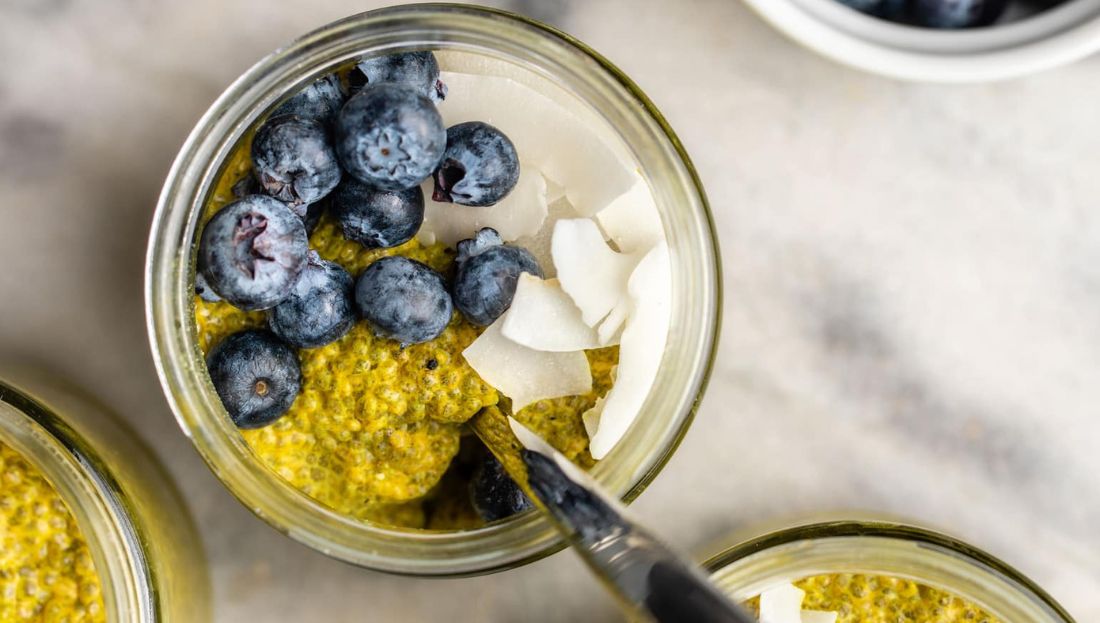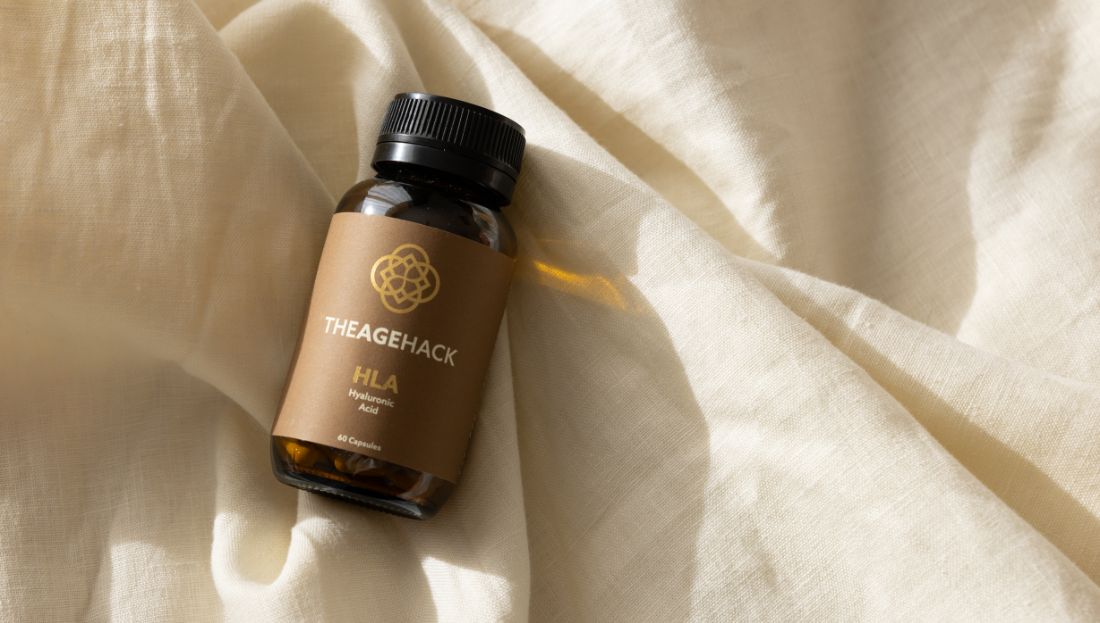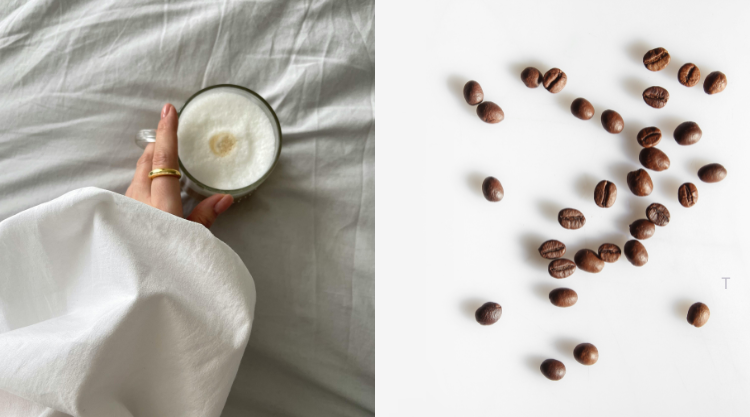
The Importance of Sleep in Anti-Ageing
Sleep is an essential aspect of our lives, not just for feeling rested and rejuvenated, but also for promoting our overall well-being. One of the lesser-known but highly significant benefits of a good night's sleep is its role in combating the ageing process. In recent years, there has been a growing body of research highlighting the importance of sleep in maintaining a youthful appearance and delaying the effects of ageing. This article will delve into the science behind sleep and ageing, and provide practical tips to improve sleep quality for a healthier, more youthful you.
The Science Behind Sleep and Ageing
The relationship between sleep and ageing is a complex one, involving numerous biological processes. During deep sleep, our bodies undergo several regenerative processes, including:
Hormone production: A good night's sleep is crucial for the production of vital hormones such as human growth hormone (HGH), which plays a crucial role in cell repair, metabolism, and muscle and bone growth. HGH production declines with age, and inadequate sleep can further exacerbate this decline.
Cellular repair: Our bodies are constantly exposed to oxidative stress, which damages cells and accelerates the ageing process. Sleep enables the body to repair this damage and remove cellular waste products, thereby slowing down the ageing process.
Inflammation reduction: Chronic inflammation is a significant contributor to premature ageing. During sleep, the body produces anti-inflammatory cytokines, which help reduce inflammation and promote overall health.
Tips for Improving Sleep Quality
To maximize the anti-ageing benefits of sleep, it is essential to prioritize sleep quality. Here are some practical tips to help you achieve a more restful and restorative night's sleep:
Establish a consistent sleep schedule: Going to bed and waking up at the same time each day helps regulate your body's internal clock, making it easier to fall asleep and wake up feeling refreshed.
Create a sleep-friendly environment: Keep your bedroom cool, dark, and quiet. Consider investing in blackout curtains, a comfortable mattress, and high-quality pillows to optimize your sleep environment.
Limit exposure to screens before bedtime: The blue light emitted by screens can interfere with the production of melatonin, the hormone responsible for regulating sleep. Limit your use of electronic devices at least an hour before bedtime.
Watch your diet: Avoid consuming caffeine, alcohol, and large meals too close to bedtime, as these can disrupt sleep. Instead, opt for a light, sleep-promoting snack such as almonds, yogurt, or a small bowl of whole-grain cereal.
Incorporate relaxation techniques: Practices such as deep breathing, meditation, or gentle stretching can help calm your mind and prepare your body for sleep.
The impact of sleep on ageing is undeniable. By prioritizing sleep quality and following the practical tips outlined above, you can harness the power of sleep to promote a healthier, more youthful appearance. As the saying goes, "beauty sleep" is not just a myth – it's a science-backed reality that can help you age gracefully.





